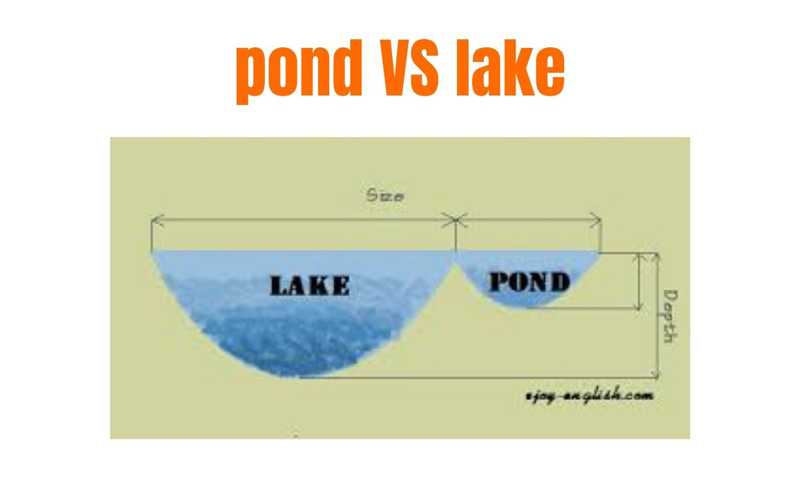Having a koi pond can bring a sense of tranquility and beauty to your outdoor space. However, maintaining a koi pond requires regular care and attention to ensure that your fish stay healthy and the pond remains clean and balanced. In this article, we will discuss some essential tips on how to maintain a koi pond effectively.

Credit: www.angi.com
1. Water Quality
One of the most critical aspects of maintaining a koi pond is ensuring good water quality. Koi fish are sensitive to changes in water parameters, so it’s essential to regularly test the water for pH, ammonia, nitrites, and nitrates levels. Ideally, the pH level should be between 7 and 8, and ammonia and nitrite levels should be at zero. Nitrates should be kept below 40 ppm.
2. Filtration System
Investing in a high-quality filtration system is crucial for keeping your koi pond clean and healthy. There are different types of filtration systems available, including biological filters, mechanical filters, and UV clarifiers. A well-functioning filtration system will help remove debris, excess waste, and harmful bacteria from the water.
3. Regular Cleaning
Regular cleaning is essential to prevent the buildup of algae, debris, and organic matter in your koi pond. Remove any fallen leaves, twigs, and other debris from the water surface using a skimmer net. It’s also important to clean the pond’s bottom using a pond vacuum to remove any sludge or muck that has accumulated.
4. Water Changes
Periodic water changes are necessary to maintain water quality in your koi pond. Experts recommend changing 10-20% of the water every 1-2 weeks, depending on the size of your pond and the number of fish. Use a dechlorinator when adding new water to remove harmful chlorine and chloramines.
5. Monitoring Temperature
Koi fish are cold-blooded creatures, so it’s essential to monitor the water temperature in your pond, especially during extreme weather conditions. Invest in a reliable pond thermometer to ensure that the water temperature stays within the ideal range of 59-77°F (15-25°C).
6. Feeding Schedule
Establishing a consistent feeding schedule is crucial for the health and well-being of your koi fish. Feed your koi a high-quality diet specifically formulated for koi fish. Avoid overfeeding, as this can lead to water quality issues and health problems for the fish.
7. Disease Prevention
Preventing diseases in your koi pond is essential to maintaining a healthy environment for your fish. Quarantine new fish before introducing them to the pond, and regularly inspect your koi for signs of illness. If you notice any abnormalities, consult with a vet who specializes in fish health.
8. Plant Care
Adding aquatic plants to your koi pond not only enhances its aesthetic appeal but also helps maintain water quality by absorbing excess nutrients and providing shade for the fish. Regularly trim and maintain the plants to prevent them from overcrowding the pond.
9. Predator Protection
Protecting your koi fish from predators such as birds, raccoons, and cats is essential. Install a pond net or use scare tactics to deter predators from preying on your fish. You can also create hiding spots and shelters for your koi to seek refuge when threatened.
10. Seasonal Considerations
Be mindful of seasonal changes and adjust your maintenance routine accordingly. In colder months, consider installing a pond heater or de-icer to prevent the water from freezing completely. During the warmer months, monitor water quality more frequently due to increased biological activity.

Credit: amencornerponds.com
Conclusion
Maintaining a koi pond requires dedication, attention to detail, and regular care. By following the tips outlined in this article, you can create a thriving ecosystem for your koi fish and enjoy a beautiful and serene pond in your backyard. Remember that each pond is unique, so it’s essential to monitor water quality regularly and make adjustments as needed to ensure the health and well-being of your koi fish.

